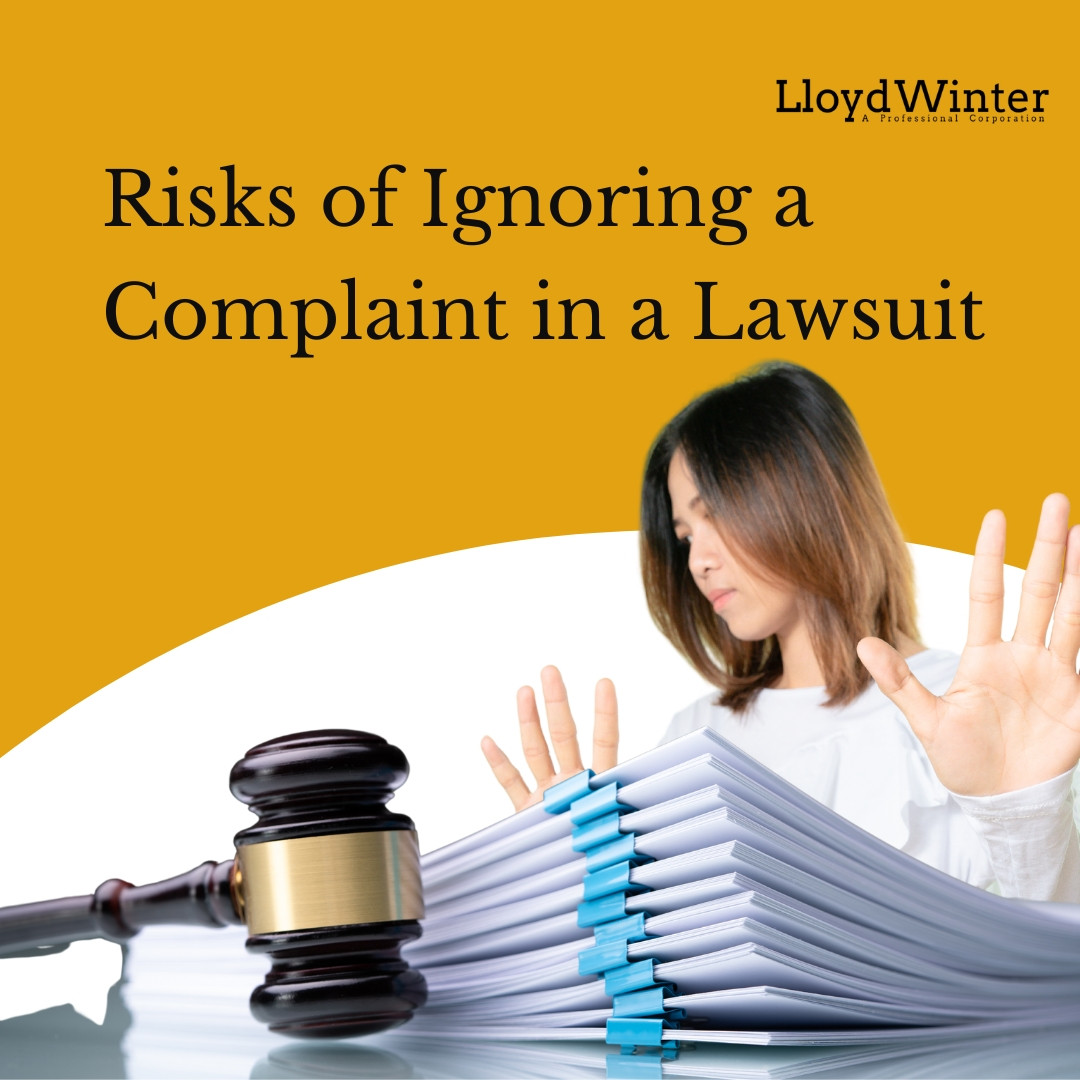Receiving legal documents notifying you of a lawsuit can be a jarring experience. The phrase “You’ve been served” often evokes feelings of stress and uncertainty. It’s natural to feel overwhelmed, and your first instinct might be to ignore the situation. However, understanding what it truly means to be served is the first crucial step in responding appropriately and protecting your rights. Being served isn’t just a formality; it’s the official beginning of a legal action against you, and ignoring it can have serious consequences.
Decoding “You’ve Been Served”: What it Really Means
When someone says “You’ve been served,” in a legal context, it signifies that you have been formally notified of a legal action initiated against you. This process, known as “service of process,” is the official procedure by which you are informed that you are a defendant in a lawsuit. It’s more than just receiving mail; it’s a legally recognized way of ensuring you are aware of the proceedings and have the opportunity to respond.
Typically, when you are served, you will receive a packet of legal documents. This packet usually includes:
- Civil Case Cover Sheet: This is a summary document providing basic information about the case.
- Summons: A formal legal document issued by the court, officially notifying you of the lawsuit and requiring you to respond within a specific timeframe.
- Complaint: This document outlines the plaintiff’s claims against you, detailing the reasons for the lawsuit and the remedies they are seeking.
 You’ve Been Served Common – LloydWinter Law
You’ve Been Served Common – LloydWinter Law
Why You Might Be Served: Common Reasons for Lawsuits
The reasons for being served with a lawsuit are incredibly diverse, reflecting the wide range of legal disputes that can arise. While the specific circumstances will vary greatly, some common situations that lead to individuals or businesses being served include:
- Breach of Contract: If you’ve allegedly failed to uphold the terms of a legally binding agreement, such as a lease, service agreement, or sales contract, you may be sued for breach of contract.
- Debt Collection: Unpaid debts, whether from credit cards, loans, medical bills, or other obligations, are a frequent cause for lawsuits. Creditors may sue to recover the money owed.
- Personal Injury: If you are believed to be responsible for causing harm or injury to another person due to negligence or intentional actions (like in car accidents, slip and falls, or assault), you could be sued for personal injury damages.
- Property Disputes: Disagreements over property lines, ownership, or use can result in legal action. This could involve boundary disputes with neighbors or landlord-tenant disputes.
- Business Disputes: Conflicts between business partners, vendors, customers, or competitors can escalate to lawsuits. These can range from contract disputes to intellectual property infringement.
- Divorce or Family Law Matters: While often less adversarial than other types of lawsuits, divorce proceedings and disputes over child custody, support, or property division also involve being formally served with legal documents.
This list is not exhaustive, and you could be served for many other reasons depending on your specific situation and the laws in your jurisdiction.
Is it Official? Recognizing Valid Service of Process
Knowing if you’ve been officially served is crucial because the clock starts ticking on your response time from the moment of valid service. While being handed documents directly is a common form of service, there are specific legal rules that dictate what constitutes proper service.
If you are uncertain whether you have been officially served, it’s best to err on the side of caution and seek clarification. Here are two approaches you can take:
- Consult with an Attorney: This is the most advisable route. An attorney experienced in civil litigation can review the circumstances of how you received the documents and advise you on whether service was proper. Many law firms offer free initial consultations.
- Contact the Plaintiff’s Attorney: The contact information for the attorney representing the person who is suing you will be located in the upper left corner (caption) of the complaint document. While the plaintiff’s attorney represents the opposing party, they may be willing to confirm if service was indeed attempted and considered valid. They might also be open to granting you an extension of time to respond or discuss potential early settlement options.
Responding to a Complaint: Timelines and Options
Once you have been properly served, you are legally obligated to respond to the complaint within a specific timeframe. In many jurisdictions, this timeframe is typically 30 days from the date you were served. It’s critical to confirm the exact deadline applicable in your jurisdiction and case, as missing this deadline can have severe consequences.
Your response must be a formal legal document that is both filed with the court and properly served on the plaintiff (or their attorney). Common responses include:
- Answer: This is the most common type of response. In an answer, you address each allegation made in the plaintiff’s complaint, admitting to those you agree with and denying those you dispute. You may also raise affirmative defenses, which are legal reasons why you should not be held liable even if the plaintiff’s claims are true.
- Demurrer (or Motion to Dismiss): In some cases, a more complex response like a demurrer or motion to dismiss may be appropriate. This type of motion argues to the court that, even if everything the plaintiff alleges in their complaint is true, they still do not have a valid legal basis for a lawsuit. It challenges the legal sufficiency of the complaint itself.
Failing to respond adequately or within the allotted time can lead to a default judgment being entered against you.
 You’ve Been Served 03 – LloydWinter Law
You’ve Been Served 03 – LloydWinter Law
The Risks of Ignoring Service: Choosing Not to Respond
While it might be tempting to ignore a lawsuit, especially if you believe the claims are without merit or that service was improper, choosing not to respond is almost always a detrimental decision.
- Default Judgment: The most significant risk of not responding is the plaintiff obtaining a default judgment. This means the court will rule in favor of the plaintiff without you having the opportunity to present your side of the story. A default judgment can allow the plaintiff to pursue actions like wage garnishment, bank levies, or property liens to collect the amount they are awarded.
- Waiving Defenses: By not responding, you forfeit your right to raise defenses or challenge the plaintiff’s claims. You essentially give up your chance to contest the lawsuit in court.
- Difficulty Setting Aside Default: While it is sometimes possible to ask the court to set aside (remove) a default judgment, it is not guaranteed and often requires demonstrating a valid excuse for failing to respond initially, which can be a difficult and costly process.
Even if you believe service was improper, the more prudent approach is to respond and raise the issue of improper service with the court, rather than simply ignoring the lawsuit.
When to Seek Legal Counsel: The Importance of Prompt Action
In civil lawsuits, unlike in criminal cases, you do not have a right to a court-appointed attorney. Therefore, if you’ve been served, it is highly advisable to contact a civil litigation attorney as soon as possible.
Delaying seeking legal advice is a common mistake that can significantly complicate your situation. Attorneys need time to:
- Assess your case: Understand the claims against you, review the documents, and advise you on your legal options.
- Investigate facts: Gather relevant information and evidence to build your defense.
- Prepare and file a response: Draft the necessary legal documents to respond to the complaint within the deadline.
- Represent your interests: Advocate for you in court and negotiate with the opposing party.
Law firms typically have client intake procedures, including agreements and retainers, that need to be completed before they can officially represent you. Don’t wait until the last minute, assuming an attorney can immediately jump in and defend you with only days to spare before your response is due.
Navigating the Process: What Happens After Service
After you have been served and have retained a civil litigation attorney, the legal process enters the discovery phase. This is a period of information gathering where both sides exchange information to prepare for potential trial or settlement negotiations.
During discovery:
- Information Exchange: Your attorney and the plaintiff’s attorney will exchange requests for documents, written questions (interrogatories), and requests for admissions (asking to admit or deny specific facts).
- Depositions: Parties and witnesses may be required to give sworn testimony under oath in depositions.
- Case Evaluation: Your attorney will thoroughly examine the information gathered to assess the strengths and weaknesses of your case and advise you on the best course of action.
Following discovery, several paths are possible:
- Motion to Dismiss/Summary Judgment: Your attorney might file motions asking the court to dismiss the case or rule in your favor without a full trial if they believe the plaintiff’s case is legally insufficient or lacks factual support.
- Settlement Negotiations: Often, parties will attempt to negotiate a settlement to resolve the case outside of court, avoiding the time, expense, and uncertainty of a trial.
- Trial: If a settlement cannot be reached, the case will proceed to trial, where evidence and arguments are presented to a judge or jury who will ultimately decide the outcome.
Consult with Experienced Legal Counsel
Being served with a lawsuit is a serious matter that requires prompt and informed action. Engaging an experienced civil litigation attorney is crucial to understanding your rights, navigating the legal process, and protecting your interests. If you are facing a lawsuit, seeking legal advice is the most important step you can take. Contact a qualified attorney to discuss your situation and develop a strategic response.
